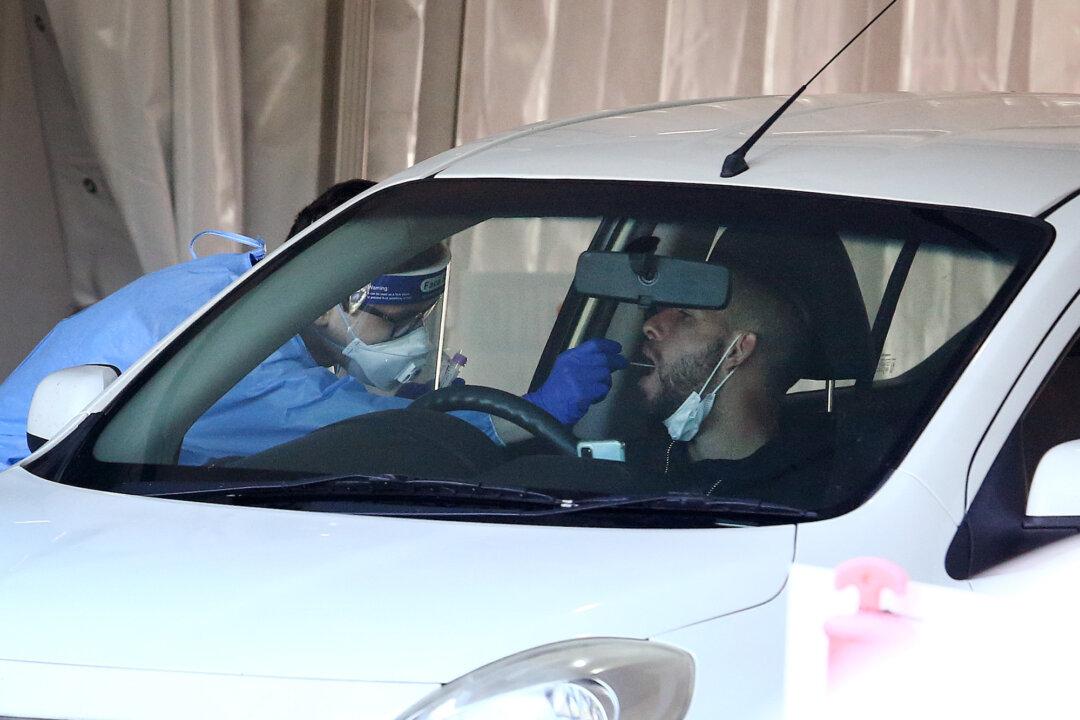Australians will no longer be required to pay about $150 for a PCR test certificate to show upon entry to the state of Queensland after days of confusion while the rule was challenged by federal and state politicians.
Federal Health Minister Greg Hunt said Tuesday that Queensland Premier Annastacia Palaszczuk had caused “unnecessary stress” for many people by declaring the rule change—which was quickly reversed.





